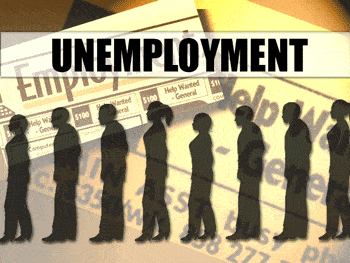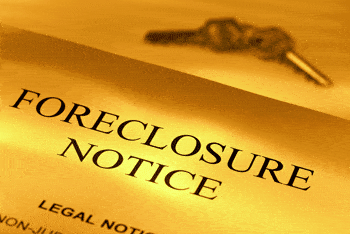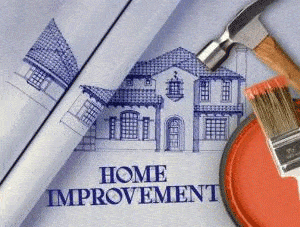
Declining property values are preventing some homeowners from taking advantage of today’s historically low interest rates and refinancing.
- Many homeowners nationwide have either no equity or are in a negative equity position in their homes. This leaves them with two options for refinancing, paying extra at the closing or what’s known as a cash-in mortgage.
- Those considering refinancing will need to determine the current valuation, comparing it with the mortgage balance. If the balance is at least 15 to 20 percent higher than what is owed, a refinance without a second down payment is possible.
- To obtain a good valuation, some homeowners hire an appraiser, at a cost of $300 to $600, or more on a large or expensive property. While this may be informative, most lenders require an official appraisal anyway, and that will have to be conducted by someone on the lender’s approved list.
- Another, less costly, option a homeowner can use prior to approaching a lender, is to check the comparable sales in the neighborhood and see which homes and for what amounts homes have sold in the last three to six months.
- Homeowners also can go to the county assessor’s office and look up specific homes that have sold recently in the neighborhood.
- When looking at comps, homeowners should consider homes with similar amenities and square footage as the property in question.
- Just before the home is scheduled for its official appraisal, homeowners should spend a few hours touching up and making sure it looks well maintained. Hiring a cleaning crew, repairing any broken windows, and providing documentation on upgrades also can help the appraiser.
Thinking of buying or selling?
For all your real estate needs, call or email:
John J. O’Dell Realtor®
Real Estate Broker
O’Dell Realty
9530) 263-1091
jodell@nevadacounty.com








